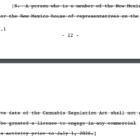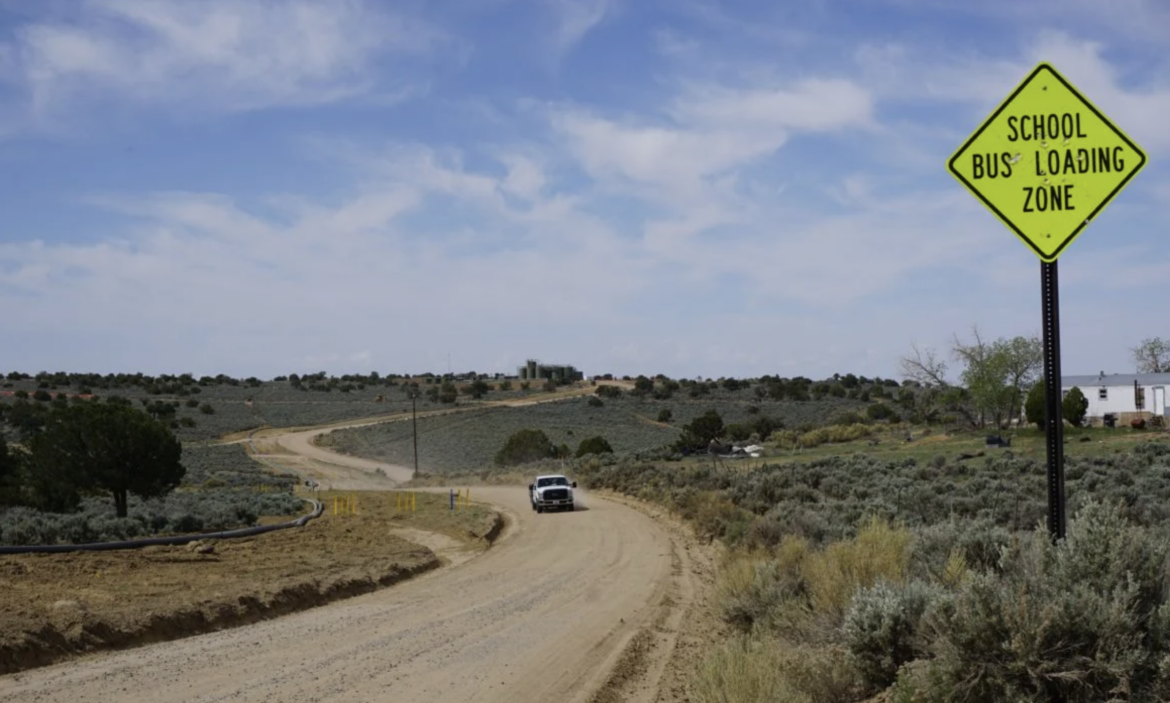Ethics
Bill would amend current law to allow lawmakers into cannabis biz early
|
Back in 2021, before voting to make recreational use of cannabis legal, lawmakers on the Senate floor barred any lawmaker serving at that time from getting a commercial cannabis license until 2026. Lawmakers debating the provision that year brought up potential conflicts of interest among voting lawmakers who might have plans to participate in a future cannabis industry.
Now, lawmakers have removed that prohibition in a bill that is making its way through the Senate. The Senate Judiciary committee last week created a substitute bill that included the change.
Senate Bill 6 contains numerous changes to the cannabis regulation act, which its sponsor, Sen. Katy Duhigg, said stem from lessons learned in the almost three years cannabis has been legal in New Mexico. Duhigg said she was carrying it on behalf of the agency that regulates cannabis companies.
The original bill this year kept the prohibition on lawmakers who voted on legalization in 2021 from getting into the cannabis business until 2026. Lawmakers on the judiciary committee discussed several changes to the bill, including one that would outlaw cannabis sales through drive-up windows, but skipped right over the change allowing them to open cannabis businesses two years early.
The bill later in the week passed the Senate Finance committee, where Sen. Jeff Steinborn, D-Las Cruces, questioned why the prohibition was removed.









